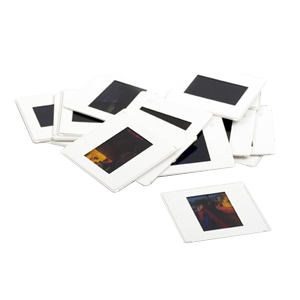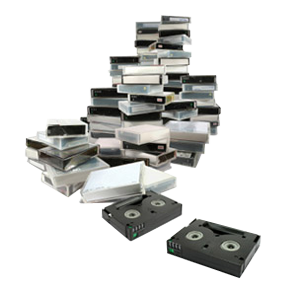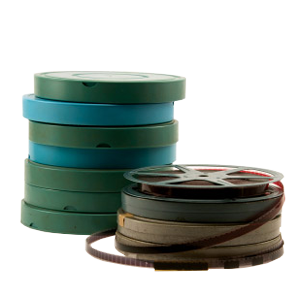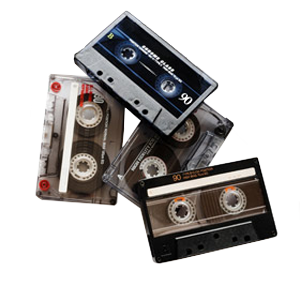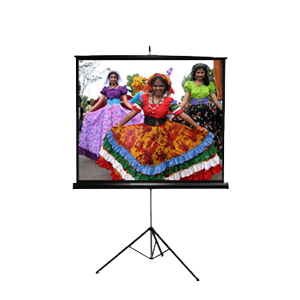Transferring from a VHS tape may seem easy at first glance, but many problems with VHS can arise from something as simple as a VHS to DVD Orange County transfer. Before you begin to transfer any tape, quickly inspect the tape for obvious signs of mold, dirt, cracks, splits, or anything at all that may look off about it. Even the smallest abnormalities of a VHS tape can cause major headaches when it comes time to transfer them.
Once you’ve determined that the tape is in good enough condition to be transferred, it’s time to insert the tape into the deck and begin the video transfer process. The type of deck you use can also play a large role in the success or failure of your video transfer. Most of the cheaper decks you’ll be able to find can host a variety of problems. One of the most frustrating, and hardest to remedy issues of older video tapes is bad tracking or video stabilization issues. This is often a result of aging tapes, or tapes that have been recorded from misaligned or bad recording heads. The best way to combat this sort of degradation is to obtain a deck with highly rated video stabilization or tracking features.
Once in a while, no matter what you try to do, a tape will simple not want to play correctly on a given deck, and yet it will play flawlessly on another. This is when having a backup, or secondary VCR can come in handy. If you have plans to convert a large number of tapes, especially older or important videos, it would be wise to get ahold of a secondary VCR to offset the fact that some tapes may not play on the first one you tried. This could help prevent you from having a batch of tapes that cannot be transferred.
Another common problem with older tapes can be color degradation. Often times, the colors will shift to a blue, red, and sometimes green depending on the type of tape, and how it was stored over the years. Virtually all tapes that are over ten years old will display characteristics of color degradation, at varying levels. The best way to neutralize this color shift and bring back the original colors is to rent or purchase a color correction unit, or filter that hooks up from your VCR to your monitor. These filters can greatly enhance the overall quality of your video transfers, at a marginal cost.




